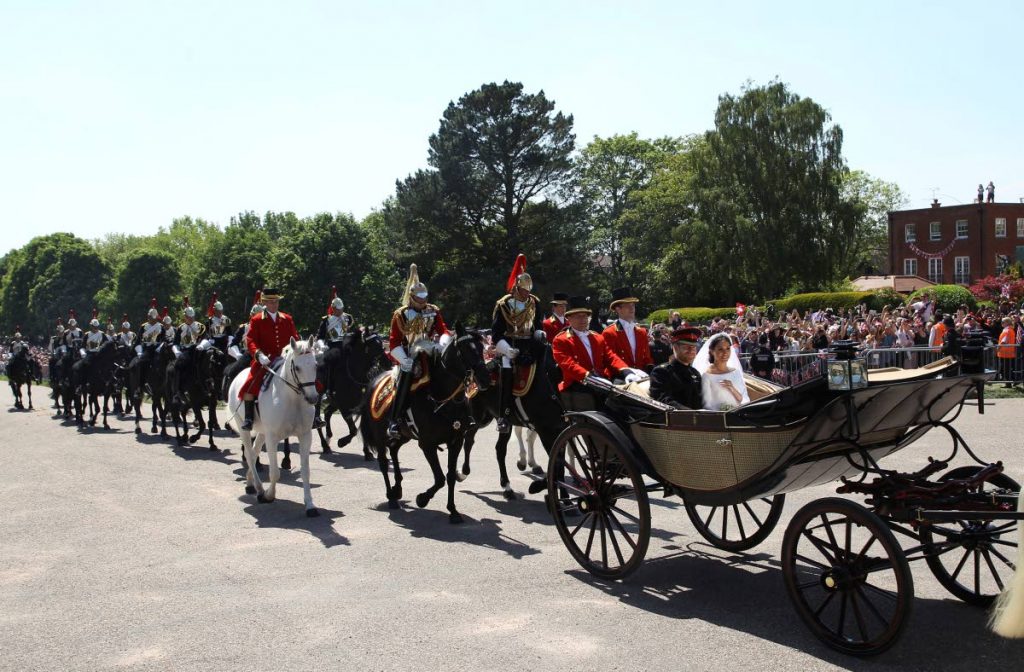What love can do

Whatever one’s views on the relevance and legacy of the British monarchy, none could have come away from the historic marriage of Prince Harry and Meghan Markle without being moved.
Yesterday’s Windsor Castle ceremony was a reminder of all the things the British do well: pomp, splendour, and theatre. Harry, who wore the frock-coat uniform of the Blues and Royals, cried from start to finish. Meghan, who walked the aisle in a gown by Givenchy, complete with a sweeping train, beamed as she looked at Harry’s face. Both stood out dramatically, even amid the plethora of stars and celebrities gathered. Little wonder millions from around the world tuned in, with some in this country staging viewing parties from as early as four O’clock in the morning.
But the considerable interest in the event should not be mistaken for a mark of its gravitas. The fact of the matter is Harry is sixth in line to the throne. His marriage is likely to be a footnote in the history of the institution of which he is a part. Serious questions about the possibility of the UK becoming a republic remain as the post-Elizabethan era approaches. And yet. It is hard to dismiss the fact that a wedding such as yesterday’s was unfathomable but a few years ago.
Meghan is of mixed race, with a black mother and a white father. That alone means an important precedent has been set for the royals. That this is a milestone now being marked, however, is both a sign of advancement and a confirmation of how far behind the highest levels of British society – and all they represent – are. Inter-racial marriage is nothing new. Just ask anybody from Trinidad and Tobago. Or look up the case of Mildred and Richard Loving in the US from 1967.
Still, the ceremony itself was a sign of the times in which we live. Far from underplaying Meghan’s race, her own lineage was emphasised through the choice of American bishop Michael Bruce Curry for the sermon; the featuring of an all-black choir singing the song Stand by By Me; and the closing touch of Sheku Kanneh-Mason, a black-British cellist. The message: the world has changed, is changing.
We can learn many lessons from the smooth, military-grade precision of the wedding. But the greatest lesson came from Curry when he used his pulpit to remind all of us, no matter who we are, that love has the power to heal the world. Such love is achievable for all of us.

Comments
"What love can do"